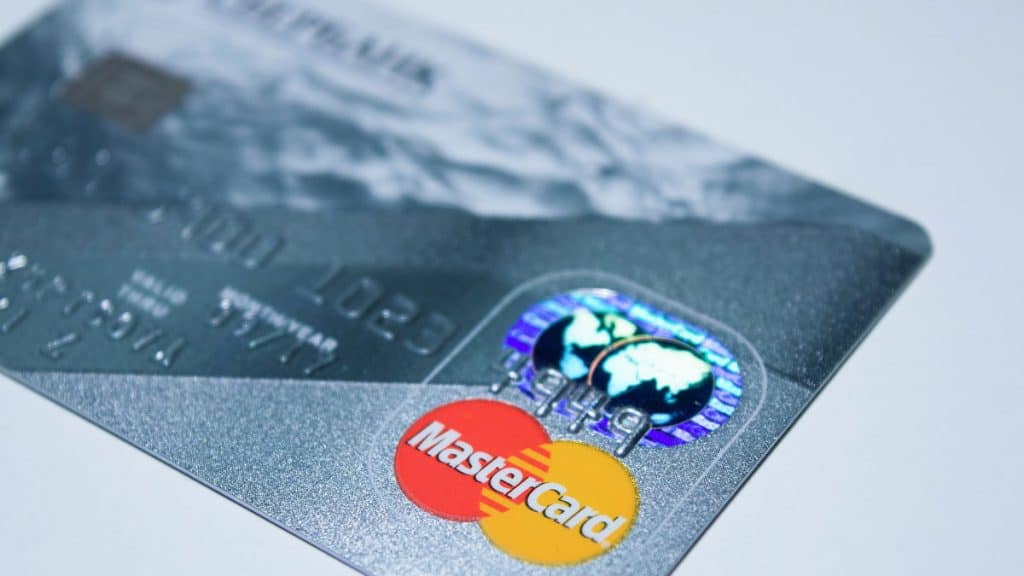Your Business Credit Score and Your Loan Viability
What is a business credit score? How does it impact your loan viability? Learn how to make your business credit score work for you.

Your business needs cash. For most people, that means it’s time to seek a loan. So, what does it take to get that loan? Your loan application is going to involve a lot of different factors – your business plan, for example, and your assets. It will also include your business credit score.
Just like your personal credit score, your business credit score is a measure of your ability to pay back loans. It will take into account any debt you’ve taken out before and whether you’ve paid it back on time and in full. It will also take into account the total amount of debt you have, as well as any lines of credit or other major financial obligations. The idea is to condense your business’s credit health into a single number. Lenders will use that number to determine whether to lend to you at all, how much to lend, and what your interest rate would be.
Here’s what you need to know about your small business credit score.
Where Your Business Credit Score Comes From
Your business credit score is a number used to predict whether your business will pay off its debts in a timely manner. Some people confuse credit reports with credit scores. Your credit report is a collection and summary of your credit history. Your credit score is a single number (for a given credit reporting agency) calculated from the information in your credit report.
In order to arrive at a business credit score number, all of your business accounts, your full payment history, your loan applications, and inquiry into lines of credit will be considered. You may already know that your personal credit score can range from 300 (low) – 850 (perfect).
A business credit score, on the other hand, ranges from 0 to 100 (as quantified by Experian, Dun & Bradstreet, and Equifax) or 0 to 300 (as quantified by the Fico Small Business Credit Score). As with a personal credit score, lower is worse. 0 is considered high risk and 100 (or 300, for Fico) is considered perfect.
The number of your credit score directly impacts the interest rate lenders will offer you for a loan. A higher credit score means a lower interest rate, while a lower credit score means a higher interest rate for a loan.
Monitoring Your Credit Score
There are several reasons you should know what your business credit score is. The first is that all credit scores are fluid, always fluctuating numbers. By keeping tabs on what your numbers are, you can prepare for a obtaining business loan while also monitoring fraudulent activity and protecting against identity theft.
In addition, actively monitoring your score allows you to catch mistakes early. Credit reporting isn’t always accurate and a mistake can seriously damage your score. If you spot an error on your credit report, it’s your job to report it and ensure that it’s corrected.
Contrary to some conventional wisdom, checking your own business credit score does not lower that number. Visit Accion’s article on Monitoring Your Credit Score for actionable tips on how to monitor your score wisely.
Keeping Your Credit Score High
So we know how to check our credit scores and we know that we need high scores, but how do we make that happen?
The first thing to note is that building (or rebuilding) credit takes time. There isn’t an overnight fix for a default on a loan or a payment that’s 6 months overdue. But taking small steps can help you steadily build up your credit until you’re officially loan-worthy.
First, take a good look at what’s on your credit report and what may be holding you back. If you have overdue bills, pay them. If you have outstanding debt, consider paying some of that debt off to lower your overall debt load. And continue to make your regular payments on time and in full.
If you find that you’re short on cash and can’t make the payments you need to get your finances back in order, take a look at your business plan and see how you got off track. Is the issue with your business model (meaning that you need to make major adjustments to get back in the black) or is it a one-off issue (meaning that a quick cash infusion can get you on track)? You’ll have to make those necessary changes before you can start really improving your score.
You may also find that you don’t have a business credit report – that’s not uncommon for new businesses. If you haven’t had any transactions in your business’s name, then there’s nothing to report to the credit bureaus! But having no credit score is almost the same as having a low score for the purposes of getting a loan, so you should start building credit immediately. The easiest way to do that is to get a business credit card. Make regular purchases and pay them off on time and in full to start building a history of responsible repayment.
Getting The Loan
While your business credit score isn’t the only factor in getting a loan, it is one of the major ones. So take the time to learn about your score, check your report, and take steps to make your score the best it can be. That means you can get the loan and continue to grow your business!